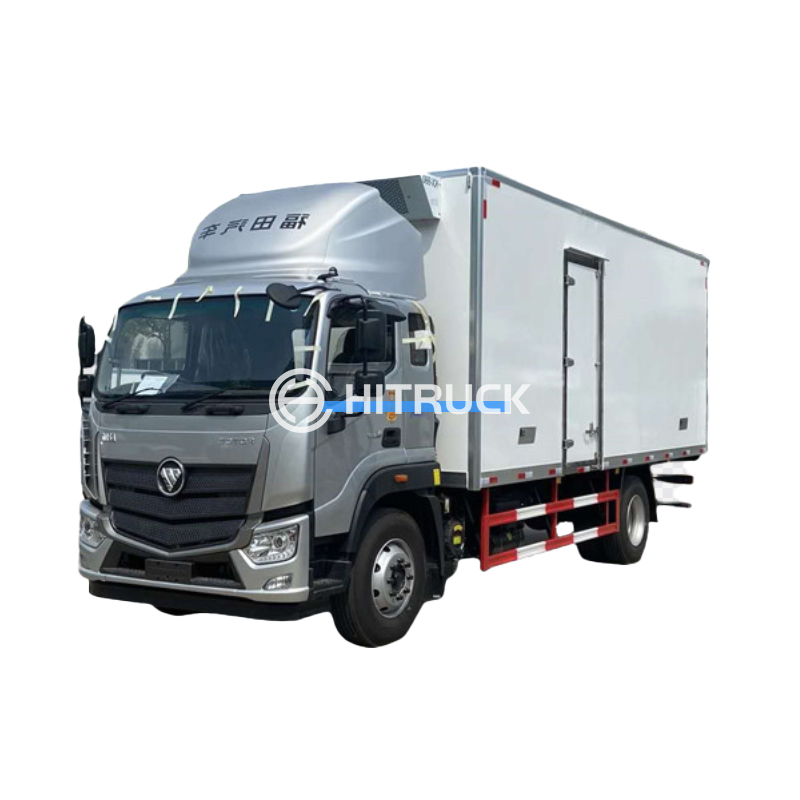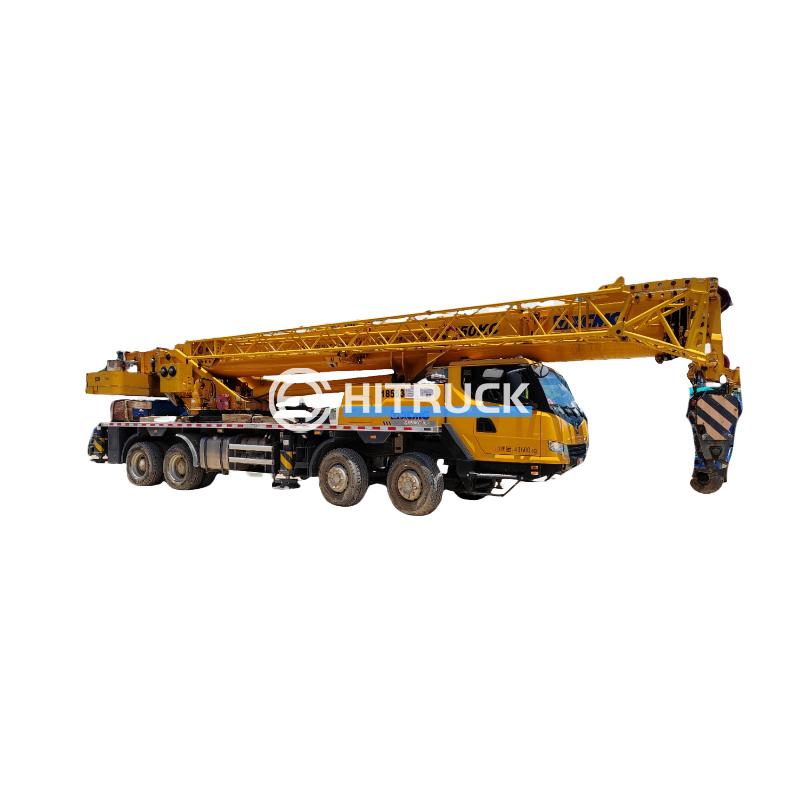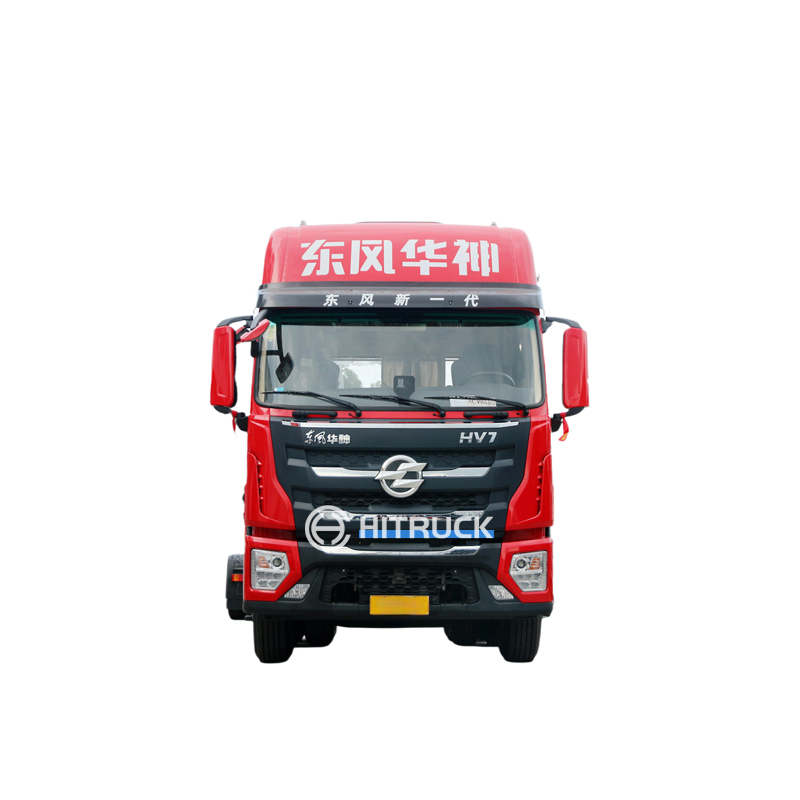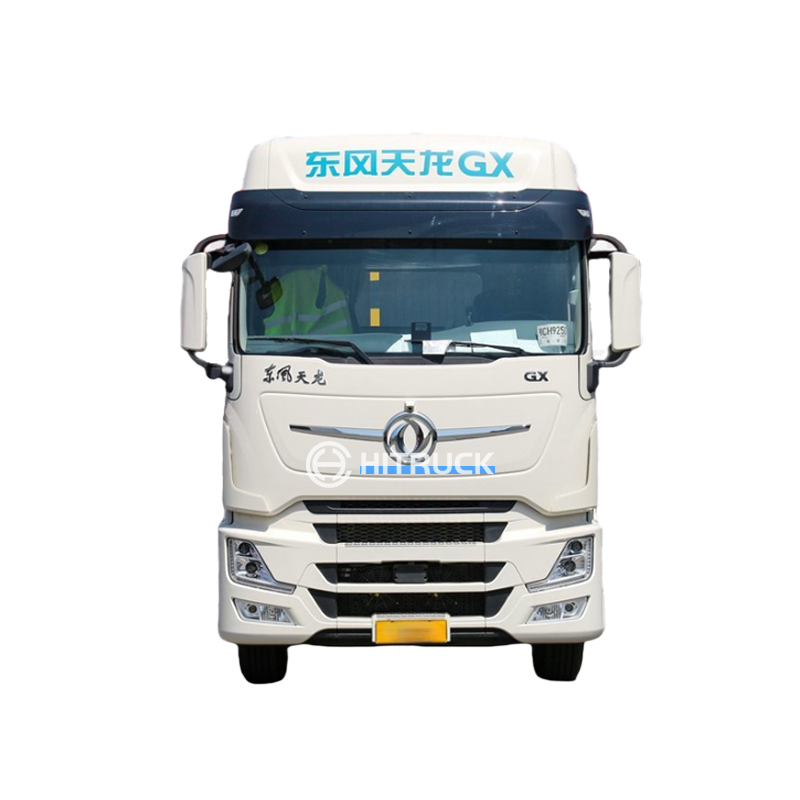Portable Water Trucks: A Comprehensive GuideChoosing the Right Portable Water Truck for Your NeedsThis guide provides a comprehensive overview of portable water trucks, covering various types, applications, considerations for purchase, and maintenance. We'll explore factors influencing your choice, ensuring you find the perfect solution for your specific water transportation needs. Learn about capacity, features, and the best practices for effective operation and upkeep.
Types of Portable Water Trucks
Bowser Tanks
Bowser tanks are self-contained units, typically smaller than other
portable water trucks. They're ideal for smaller projects and applications where maneuverability is key. They often feature a pump for easy dispensing and come in various materials like stainless steel or polyethylene, each with its own advantages regarding durability and chemical compatibility.
Tank Trailers
For larger-scale projects requiring significant water capacity, tank trailers offer a robust solution. These are towed behind a suitable vehicle and are available in a wide range of sizes. They are commonly used in construction, agriculture, and emergency response situations. Consider the towing capacity of your vehicle before selecting a tank trailer.
Water Tankers
Water tankers are self-propelled
portable water trucks, providing greater flexibility and independence compared to towed units. They're often equipped with advanced features like pressure control systems and multiple dispensing points, making them suitable for various applications, such as firefighting and large-scale irrigation. The choice between a tanker and a trailer often depends on budget and operational needs.
Factors to Consider When Choosing a Portable Water Truck
Capacity
The required water capacity is paramount. Consider the volume needed for your specific application. Will you need a small capacity for localized projects, or a larger capacity for extended tasks? Overestimating is better than underestimating, but unnecessary excess capacity increases cost.
Material
The construction material significantly impacts durability and chemical compatibility. Stainless steel offers exceptional durability and resistance to corrosion, but it is usually more expensive. Polyethylene is a lighter and more cost-effective option, though less resistant to certain chemicals.
Pumping System
A reliable pumping system is essential for efficient water dispensing. Consider the pump's pressure and flow rate to ensure it meets your specific needs. Some pumps offer variable speed control for more precise water management.
Features
Additional features like meters for precise water tracking, multiple discharge points, and filtration systems can enhance usability and functionality. Assess your requirements and choose features that add value to your operation.
Maintenance of Portable Water Trucks
Regular maintenance is vital for extending the lifespan and ensuring the reliability of your
portable water truck. This includes regular cleaning, inspection of the tank and pump system, and timely repairs. Check your manual for recommended maintenance schedules and follow all safety protocols. Neglecting maintenance could lead to costly repairs or unsafe conditions.
Where to Buy Portable Water Trucks
For a wide selection of high-quality
portable water trucks, consider exploring reputable suppliers in your area. [
Suizhou Haicang Automobile Sales Co., LTD] offers a range of options to meet diverse needs. Always carefully research potential suppliers and compare prices and features before making a purchase.
Conclusion
Selecting the right
portable water truck involves careful consideration of your specific needs, budget, and long-term operational requirements. By understanding the different types, factors to consider, and maintenance best practices outlined in this guide, you can make an informed decision and secure a reliable solution for your water transportation needs. Remember to prioritize safety and proper maintenance to maximize the lifespan and efficiency of your equipment.












